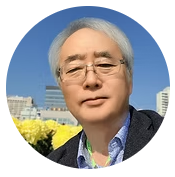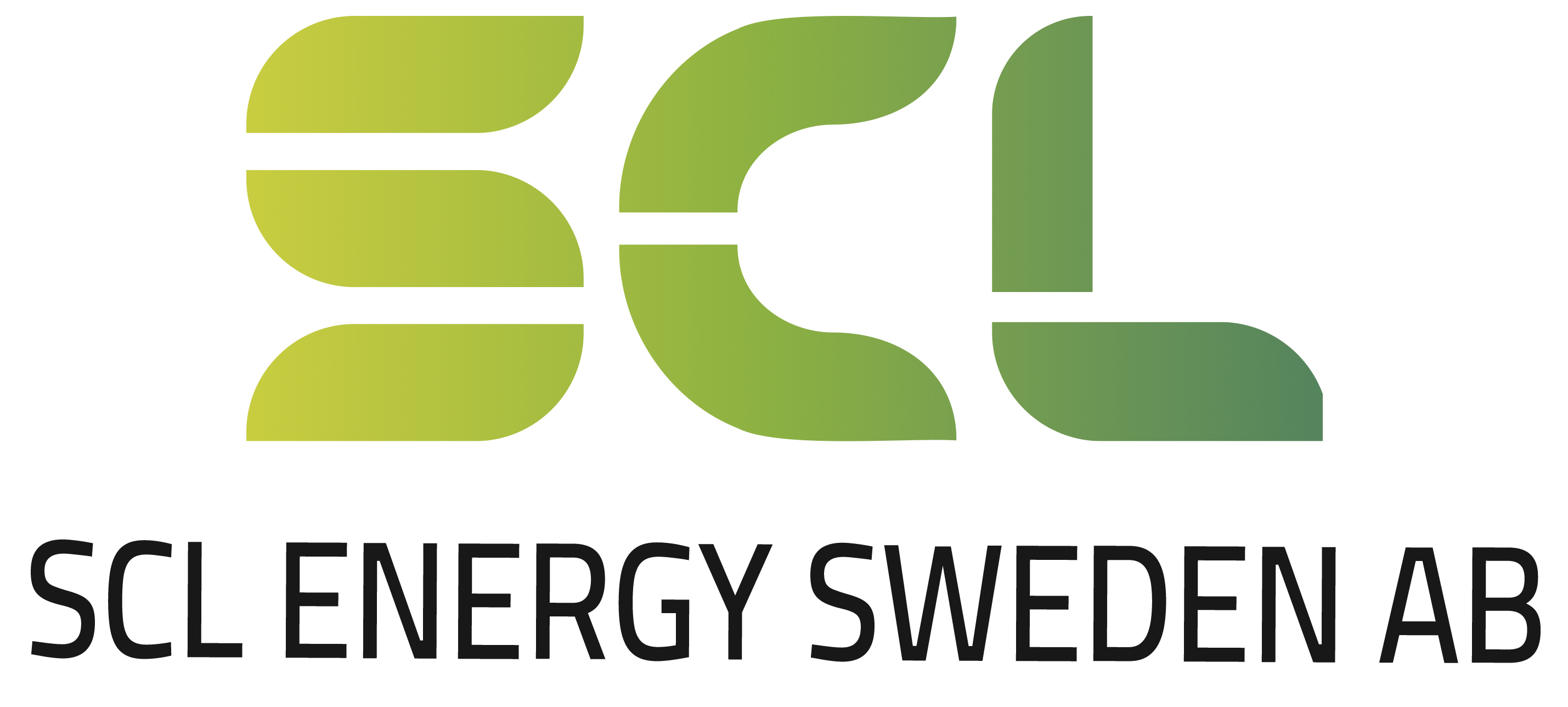Revolutionary new technology for producing green hydrogen
10 kWh/kg
1 kg of hydrogen provides 33 kWh of energy.
Normally,
it takes just over 50 kWh to produce 1 kg of hydrogen using water electrolysis.
It should be impossible to do this with only 10 kWh of electrical energy.
Yet it works. Read more about how it’s done below.
The new technology for producing hydrogen
Using
so little energy seems to contradict one of the most fundamental laws of
physics, known as the Law of Conservation of Energy.
It
states that energy cannot be created or destroyed, only transformed from one
form to another.
It
should be impossible to use only 10 kWh to convert water into hydrogen, which then
yields 33 kWh when the hydrogen recombines to form water.
The method has been developed by Professor Sang Chun Lee and is based on 33 years of research in nanotechnology. According to Professor Lee, there are many types of energy at the atomic level that can be released through the precise application of nanotechnology.
This
is also not conventional electrolysis using an electrolyte and ion movement
between anode and cathode.
Instead,
it’s a patented method he calls "E-Beam," which is an electromagnetic
energy with a precise wavelength. It causes collisions at the atomic level that
break apart water molecules into oxygen and hydrogen.
In regular
electrolysis, hydrogen is produced at the cathode (negative side) and oxygen at
the anode (positive side).
Here, oxygen and hydrogen are released together (HHO), and the hydrogen is then
separated using a patented filtration technology. Freezing temperatures can also be
used, as oxygen becomes liquid at -183°C and hydrogen at -253°C.

